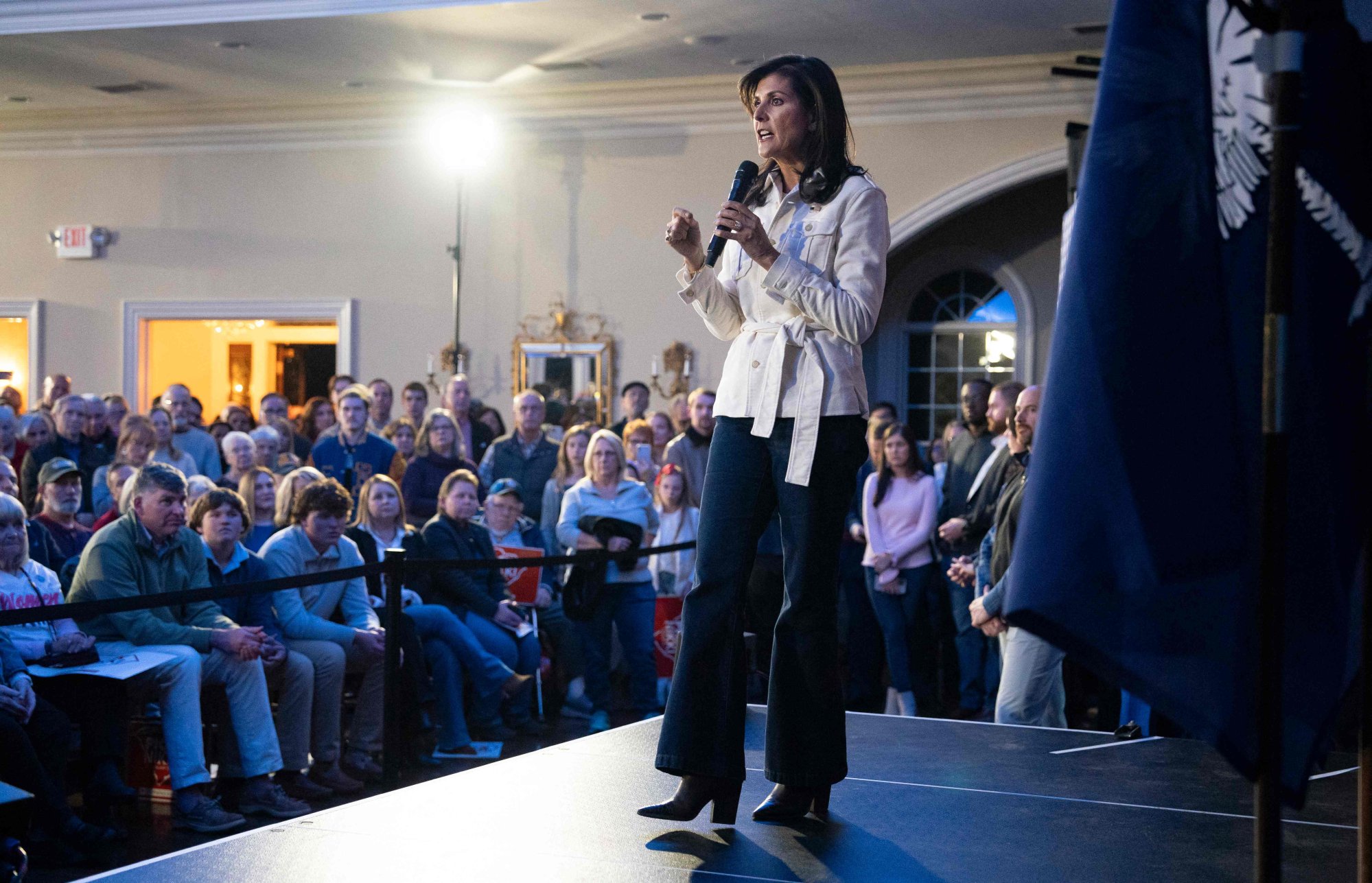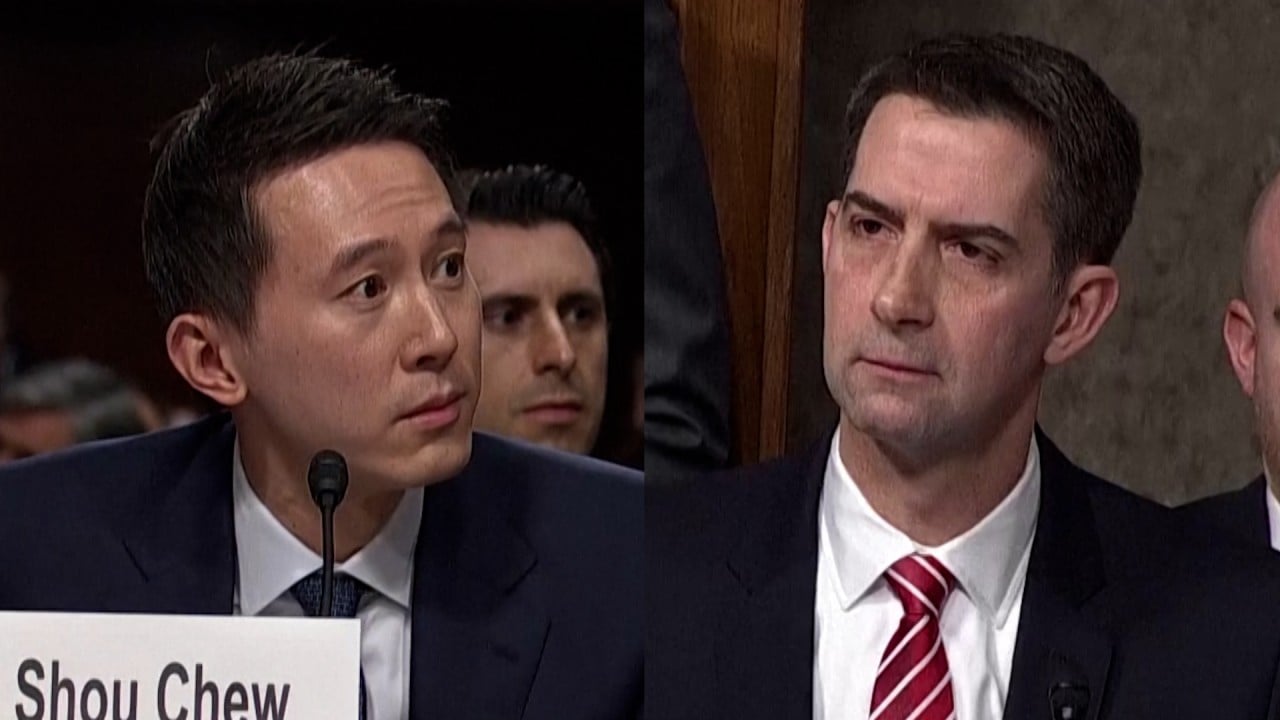
Can US Republicans stop party’s authoritarian drift under Trump?
- The former president, who looks set to win the party nomination for another White House run, can be expected to bring the US more in alignment with Putin’s Russia, with help from the likes of senators Tom Cotton and Ted Cruz
Only in the vortex of controversy that constantly surrounds Trump can a statement that portends the possible end of the post-WWII order if he wins back the White House fade so quickly. Had any other US president said this, Washington, Ottawa, London, and Brussels would have convulsed.
Not all Republicans are watching their party’s drift into the orbit of authoritarian nationalism with a shrug, however.

Putin’s bloody campaign to spread a militarised, Christian nationalist conformity is the new Republican Party’s idea of progress.
Cotton, by the way, voted no on the aid for Ukraine, arguing that the economic and budget support for Kyiv in the package was too much even after his party managed to cut that amount by about a third.
His statement about Navalny’s death did not name Putin as the likely perpetrator, and by saying “the [Russian] regime interprets weakness from the United States as appeasement and has only escalated its oppression in recent years”, he turned the tragedy of Navalny’s demise into an attack on President Joe Biden.
But China bashing is getting more complicated for Republicans because Beijing and Moscow are each other’s closest allies, and the longer this is the case, the more economic ties will grow to reinforce that relationship.
Why the US-China detente won’t last despite a Biden policy tweak
Forced to choose between alignment with Moscow and Beijing on one side and Ukraine and Taiwan on the other, there is no question which side Trump will choose. Taiwan’s progressive, democratic and technologically advanced society is everything that the new American Republican Party is fighting against.
Haley is now the only person capable of blocking the knockout punch that Trump wants to deliver to Republicans still willing to stand up to authoritarians. With less than five months before the Republican National Convention, they need to muster the kind of resolve that a plurality of them managed in the Senate to get the aid package for Ukraine passed.
Robert Delaney is the Post’s North America bureau chief


